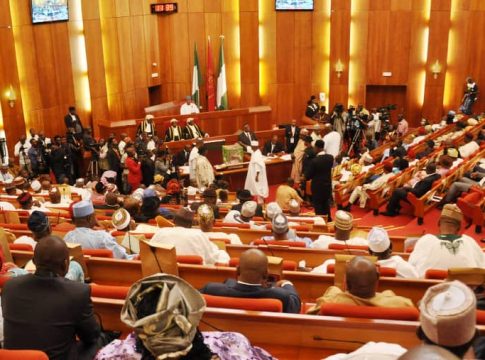In the wake of the recent fuel price increase, residents of Borno State, including civil servants, have been forced to abandon their vehicles and adopt alternative modes of transportation such as horse riding, bicycles, and trekking.
The economic hardship caused by the price hike has left many commuters with no choice but to find cheaper and more affordable ways to move around.
According to eyewitnesses, there has been a significant decrease in the number of vehicles on the road, with more pedestrians, horse riders, and cyclists seen on major roads.
The increase in fuel prices has also led to a surge in tricycle fares, making it difficult for commuters to afford.
READ MORE: Mother Shares Agonizing Experience Of Medical Malpractice, Demands For Justice
Residents who spoke to PUNCH Online shared their experiences, with one graphic designer, Dadoon Pam, saying, “The cost of mobility has increased significantly, and I have to charge my clients more, which is bad for business.”
Another resident, Jeremiah Blessing, an enumerator with an NGO, said she now breaks her journey into two, trekking halfway before boarding a tricycle.
The fuel price increase has also affected businesses, with Daniel Omolara, a member of an NGO, saying, “I can no longer drive my car to work; the fuel price is too high.”
The situation has left many residents frustrated and disappointed, with some calling for a reversal of the price increase.




